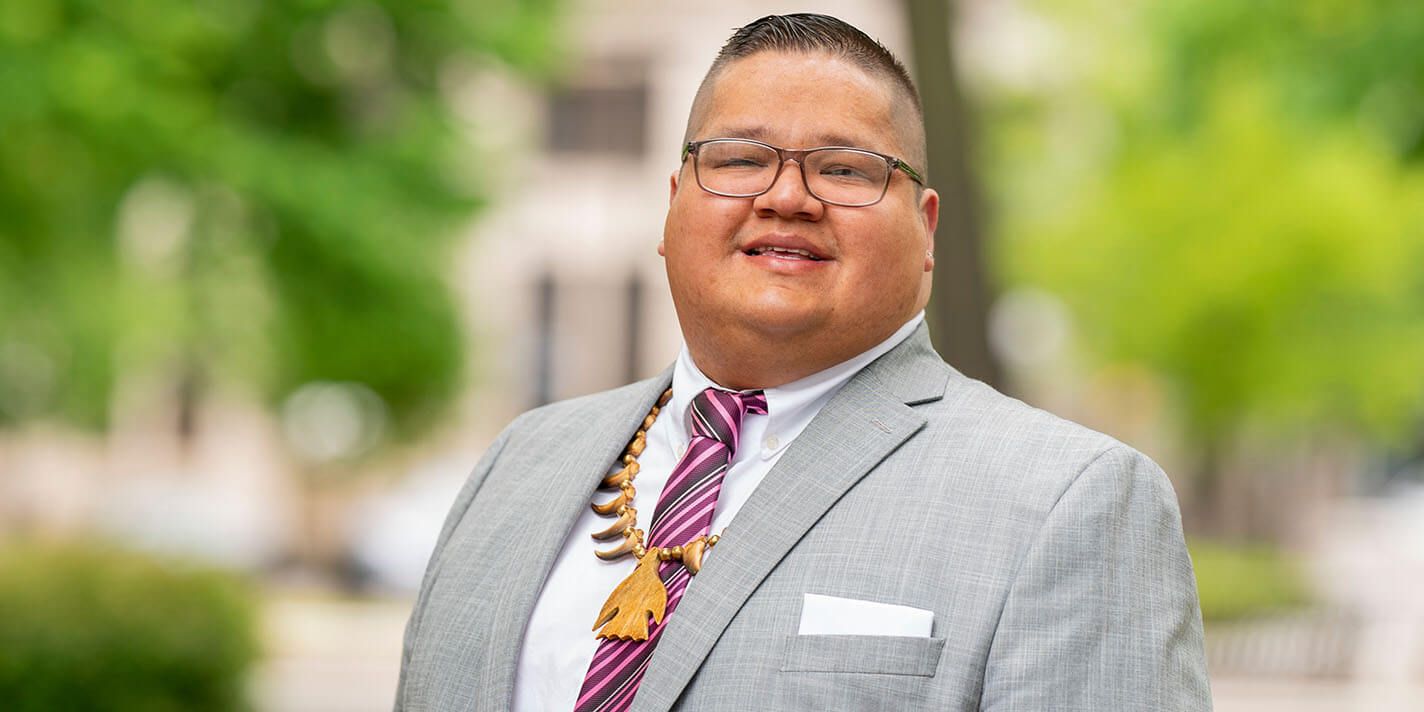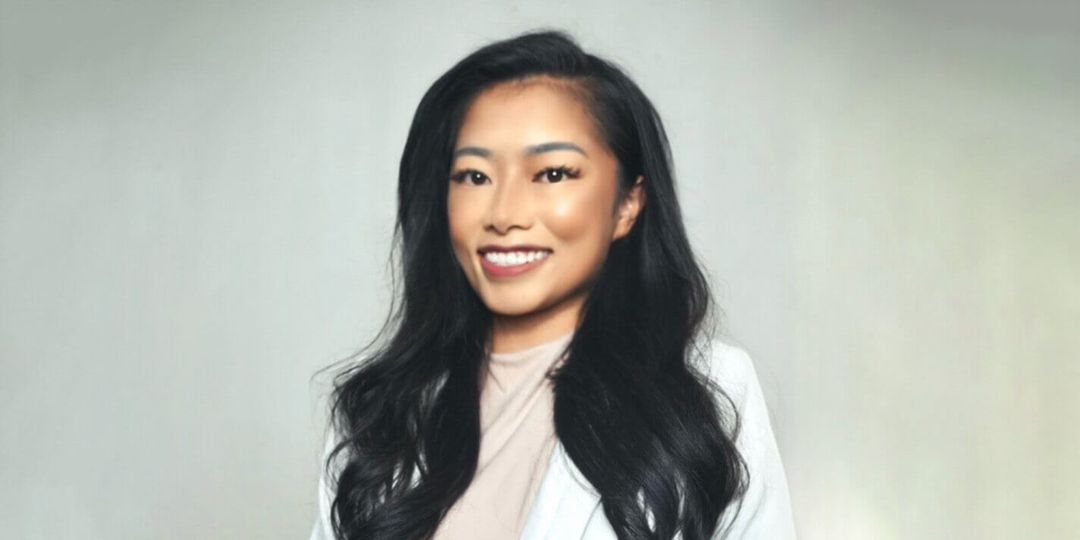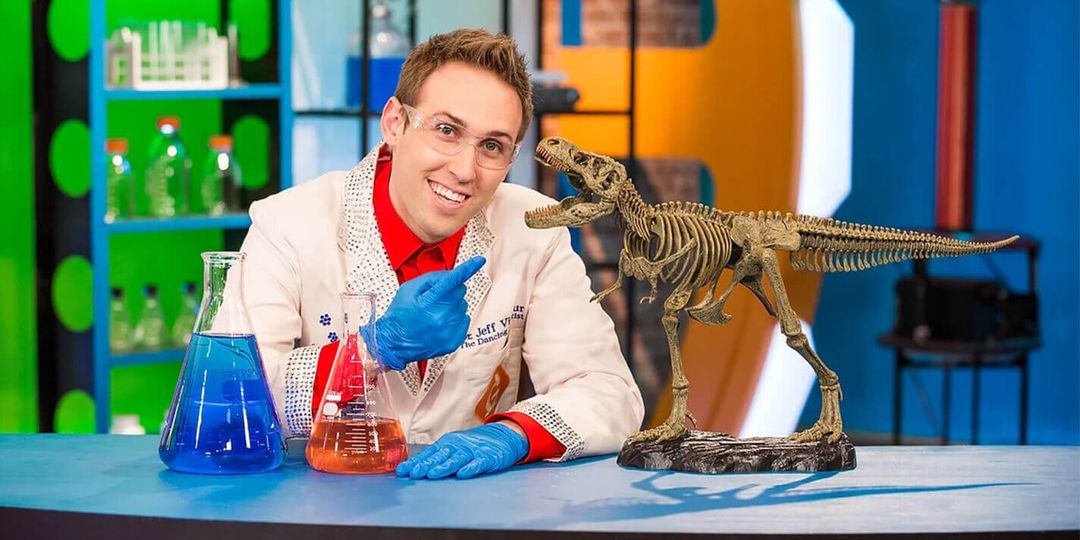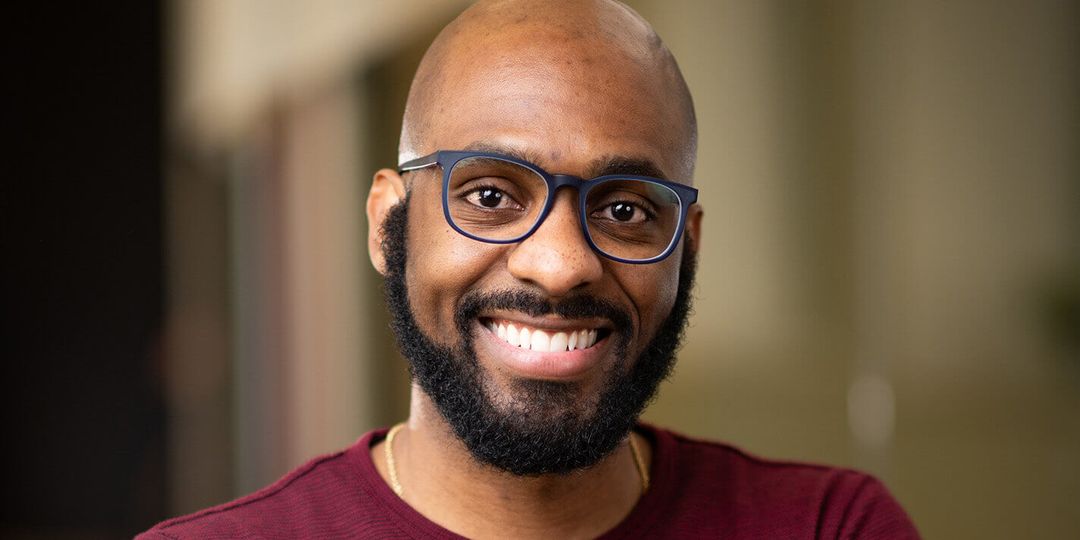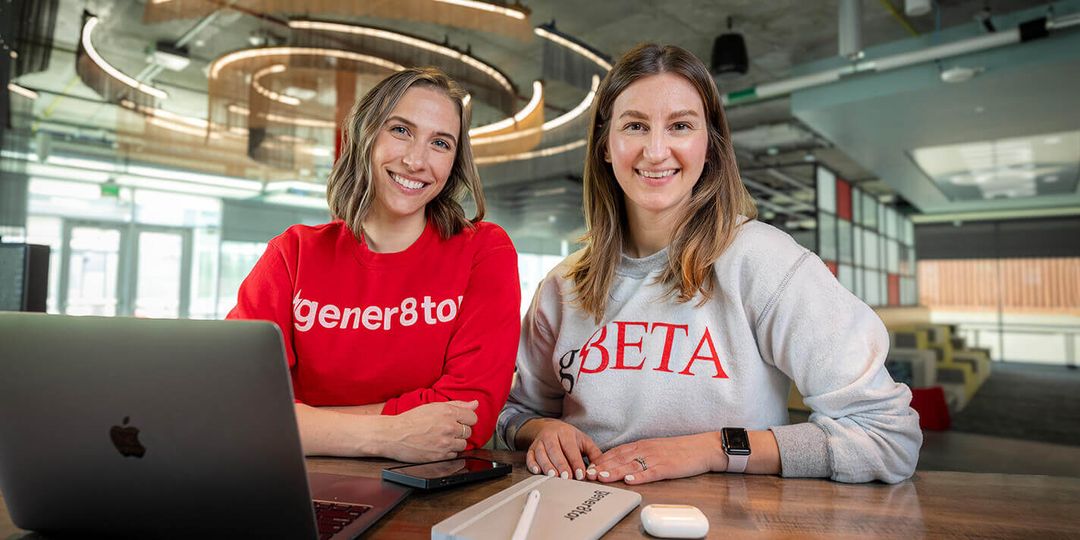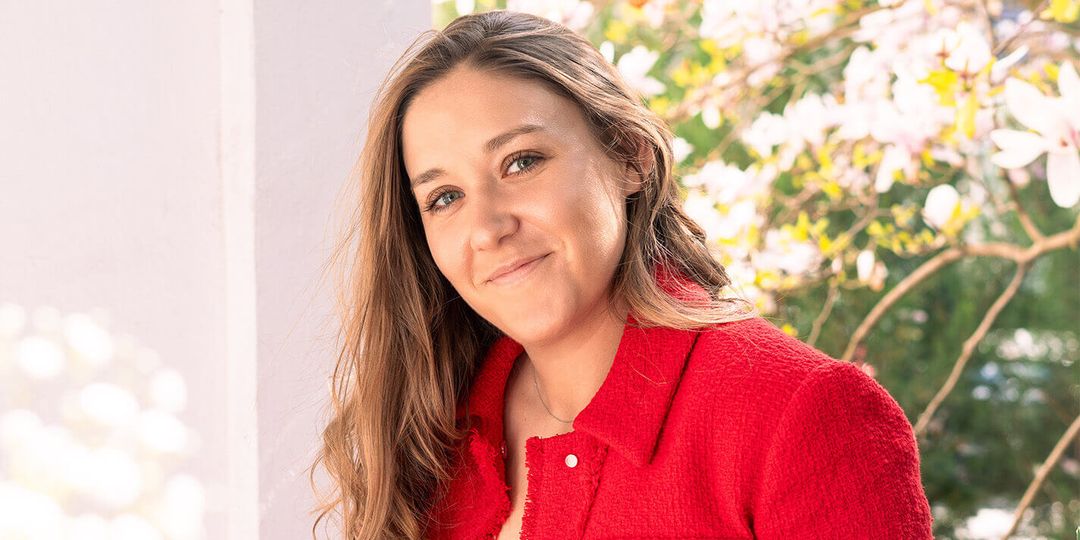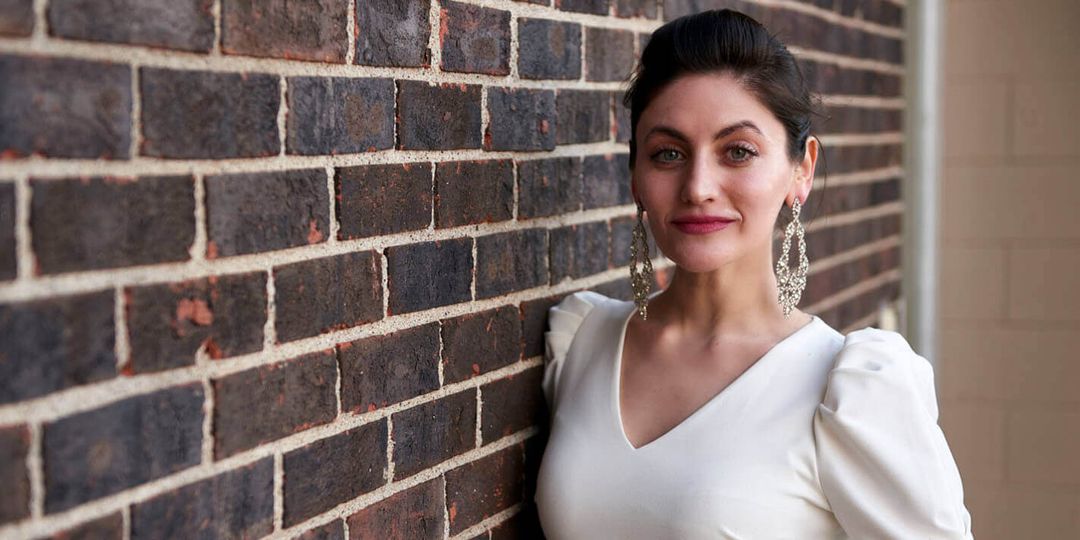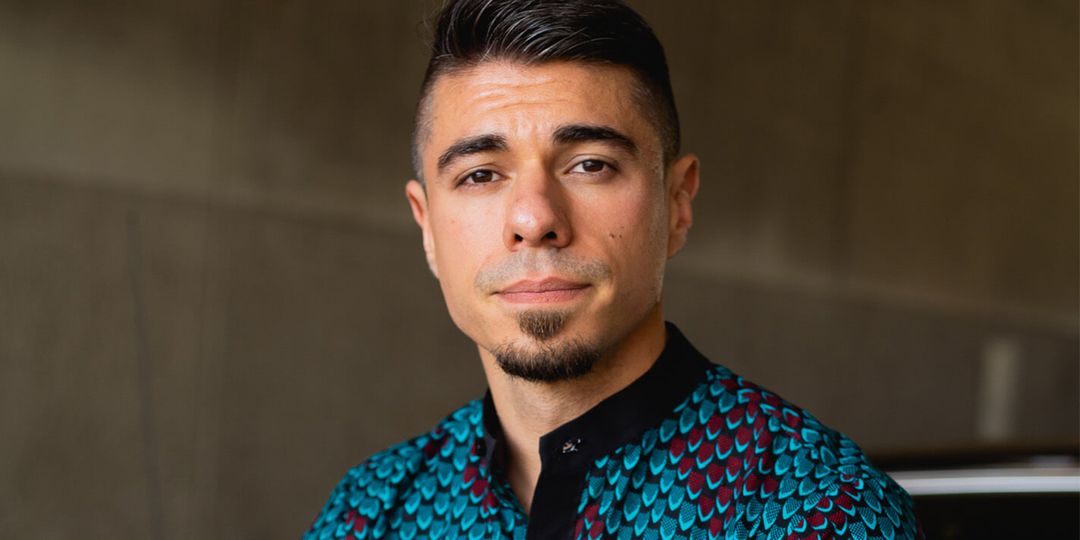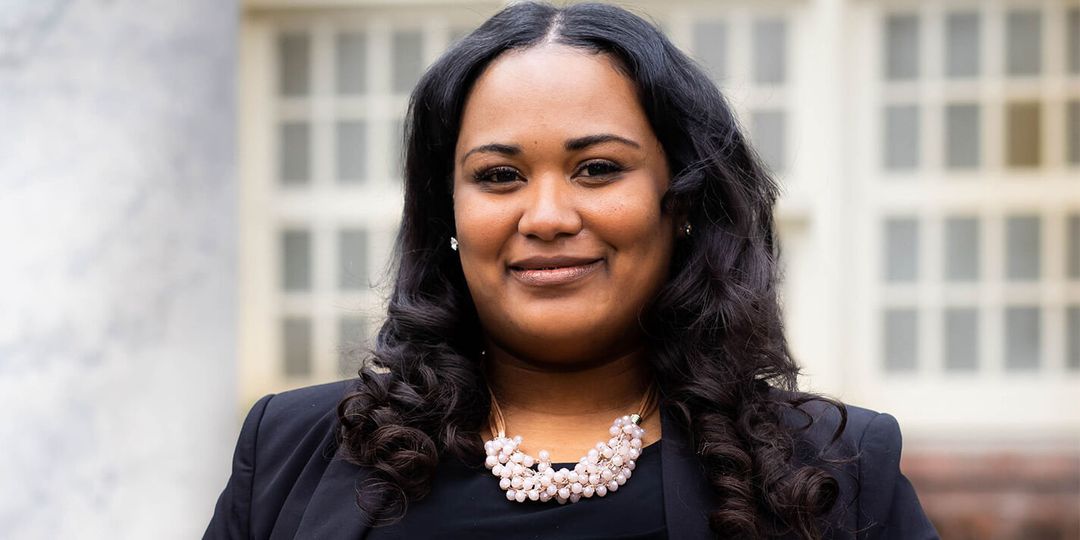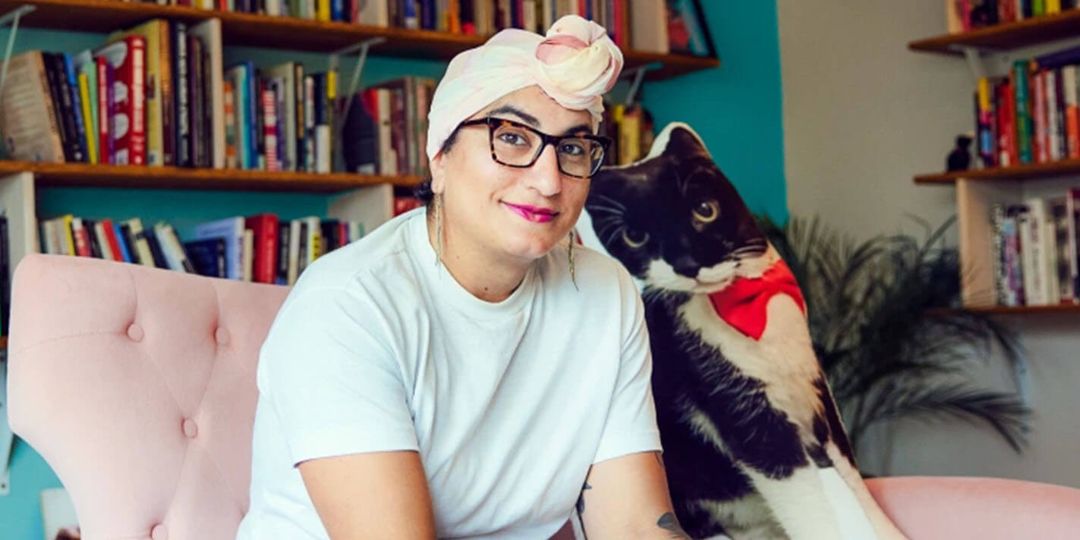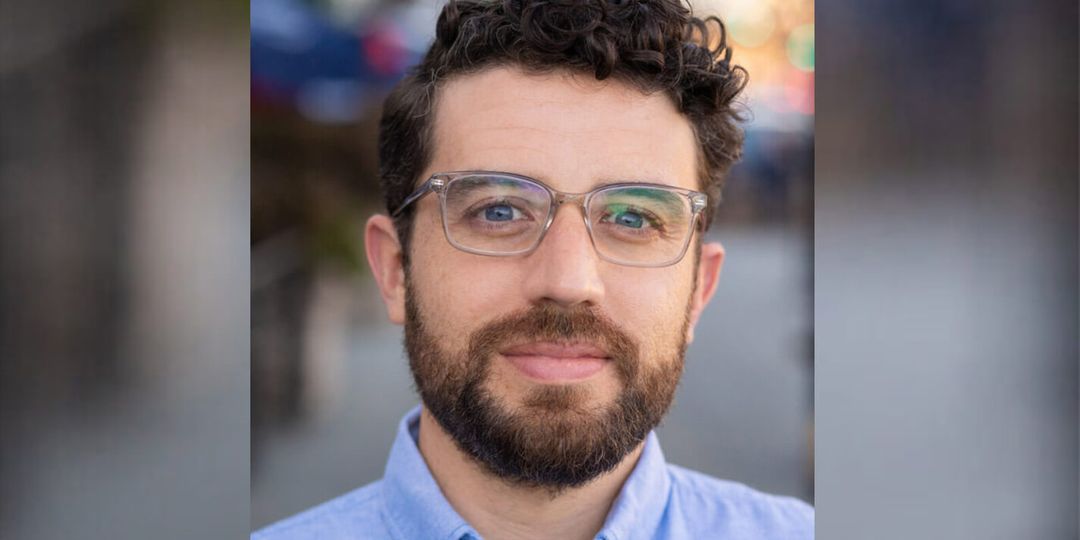Madison, Wisconsin
American Indian Studies Consultant, Wisconsin Department of Public Instruction
UW Majors: History; Educational Leadership and Policy Analysis; Certificates in American Indian Studies, Chican@ and Latin@ Studies
In every public school across Wisconsin, students are required to learn about the history, culture, and tribal sovereignty of American Indian Nations of Wisconsin, mandated by legislation known as Wisconsin Act 31.
David O’Connor works with educators to implement this information in their classrooms and districts, making sure the material is accurate, authentic, and Wisconsin-specific.
“I want people to understand that as Indigenous people, as Native people, we have shaped the state long before the state was even a thought,” O’Connor says. “And more importantly, we’ll shape Wisconsin tomorrow.”
In his work as the American Indian Studies Consultant at the Wisconsin Department of Public Instruction, O’Connor trains educators about how to infuse their lessons with knowledge about First Nations’ histories, treaties, sovereignty, languages, and cultures.
Working with PBS Wisconsin, the UW–Madison School of Education, and other state partners, O’Connor was instrumental in creating WisconsinFirstNations.org, a collection of resources about the 12 American Indian Nations present in the state.
The collection includes artifacts such as maps, place-based questions, and personal experiences. Educators can use the materials to ensure their teaching is accurate, authentic, and culturally responsive to better engage students in their learning.
For many teachers, O’Connor says, offering students the chance to learn from an Indigenous perspective is critical, and an opportunity the educators say they wish they’d had themselves as students.
“They feel like they’re relearning a lot,” O’Connor says. “You can’t change the past. My challenge to them is: you could definitely change what you do moving forward in your work.”
O’Connor has also worked with tribal nations and state agencies to ensure educational equity for Wisconsin’s American Indian students, including growing early education initiatives and college and career-readiness programs.
O’Connor says that helping people teach and learn about First Nations is his dream job. His work has encompassed dozens of publications, projects, and media interviews. Last year, the National Indian Education Association named O’Connor Educator of the Year. He’s also received the association’s Leo Reano Memorial Award, as well as numerous other honors from local, state, and national organizations.
Such high-profile recognition is humbling, he says, but representation matters. He’s confident that Native and Indigenous people have plenty of positive role models, but their stories must be told, he says.
“I was always taught to be very proud about who and where I come from,” says O'Connor, whose Ojibwe name, Bwaakoningwiid, means "never gives up" or "overcomes." “I also felt that even living adjacent to my reservation, where I grew up, people had very limited knowledge about my community, our people, and our nation.”
O’Connor is a member of the Bad River Band of Lake Superior Chippewa and is Otter clan. Proud to be Anishinaabe, he spent his childhood around the Bad River Reservation, which includes lands in Ashland County, Iron County, and along Lake Superior.
As a youngster, O’Connor says, he wasn’t sure he’d finish high school, but he always longed to be a Badger. Today, the first-generation college graduate brings together UW students and alumni for community and advocacy as copresident of the WAA: Cooweeja Native and Indigenous Affinity Group. He’s also working on his third degree: a doctorate in educational leadership at Edgewood College.
“Just because I have a few letters after my name doesn’t mean I stop learning,” he says. “The more I learn and the more I understand things, the more I realize I don’t know enough.”
